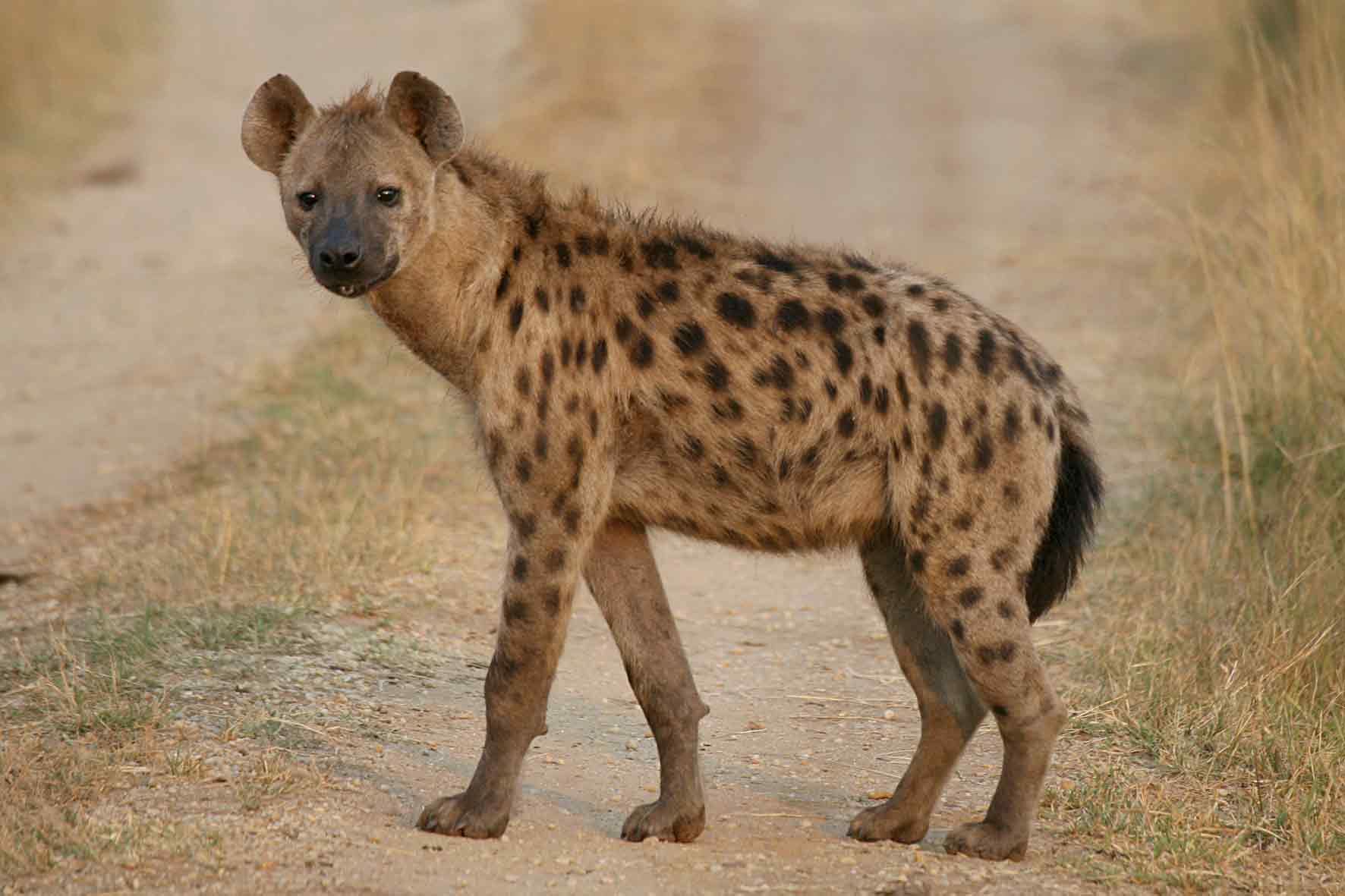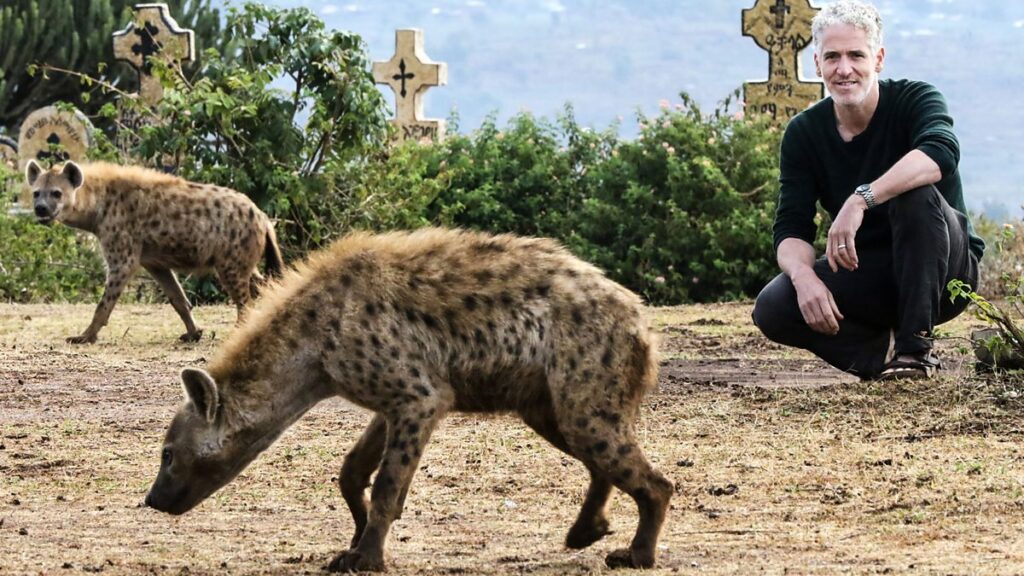Hyenas are often misunderstood animals, largely due to their portrayal in popular culture and media. With their scavenger reputation and distinctive laugh-like calls, these creatures are frequently linked with danger. But do hyenas actually pose a threat to humans? In this article, we’ll explore the behaviors of hyenas, the likelihood of human attacks, and what leads to such interactions.
Understanding Hyenas: More Than Just Scavengers
There are four species of hyenas, with the most well-known being the spotted hyena (Crocuta crocuta), the striped hyena (Hyaena hyaena), the brown hyena (Parahyaena brunnea), and the aardwolf (Proteles cristata). The spotted hyena is particularly notable for its social structure, living in large groups known as clans, and its remarkable intelligence.
Contrary to the common belief that hyenas are simply scavengers, these animals are also skilled hunters. The spotted hyena, for example, hunts in coordinated packs and is capable of taking down large prey such as wildebeests, zebras, and antelopes. They are opportunistic feeders, which means they will scavenge when the opportunity arises but are equally adept at hunting.
The Hyena’s Role in the Ecosystem
Hyenas play an important role in maintaining the balance of ecosystems. As scavengers, they help clean up animal carcasses that might otherwise spread disease. They are also key predators in their environment, controlling populations of herbivores and smaller carnivores. This makes them essential to the health of their habitat, particularly in Africa, where many of the world’s largest predators and herbivores coexist.
Hyenas and Humans: A History of Caution
Despite their important ecological role, the interaction between hyenas and humans has historically been fraught with tension. In many African cultures, hyenas are feared and regarded as symbols of evil or bad luck. Stories and myths about these creatures, combined with their eerie calls and nocturnal habits, have helped shape a negative perception.
In reality, the likelihood of hyenas actively attacking humans is relatively low. These animals are generally shy and avoid confrontation with people whenever possible. Hyenas are more likely to retreat than engage if they encounter humans in the wild. However, like many wild animals, they can become dangerous under certain circumstances.
When Do Hyenas Attack Humans?
Though rare, hyena attacks on humans have occurred, and understanding the conditions under which they happen can shed light on the potential dangers.
- Territorial Defense: Like most predators, hyenas will defend their territory and clan members aggressively. If a human enters their territory, particularly near their den sites, they may perceive the intrusion as a threat.
- Hunger or Scarcity of Food: In situations where food is scarce—often due to droughts or human encroachment on their habitat—hyenas may become bolder in their search for food. Starving animals are more likely to approach human settlements in search of food scraps. This can lead to encounters in which the hyenas may attack small livestock or even humans, especially in rural areas where people and hyenas are in closer proximity.
- Diseased or Injured Hyenas: Like any wild animal, a hyena that is sick or injured may act unpredictably. Rabies, in particular, can cause hyenas to become more aggressive and increase the likelihood of human interactions.
- Human-Wildlife Conflict: As human populations continue to expand, especially in regions where hyenas live, the risk of conflict increases. Hyenas may wander into villages or farmlands in search of food, and when threatened, they may become more aggressive. Additionally, poaching and the destruction of their natural habitat can drive hyenas into closer contact with people.
Are Hyenas Dangerous to Humans?
Hyenas are generally not dangerous to humans unless provoked or desperate. Attacks are extremely rare, and most hyenas prefer to stay away from humans altogether. However, when they do occur, hyena attacks can be deadly, especially if they are part of a pack. Their powerful jaws and sharp teeth can cause serious injuries or death, particularly if the victim is isolated or unable to defend themselves.

Conclusion: A Misunderstood Creature
While hyenas are often vilified as vicious, man-eating creatures in folklore and popular media, the reality is far more complex. Hyenas are opportunistic predators and scavengers that play a crucial role in their ecosystems. Attacks on humans are rare, and when they do occur, they are usually the result of exceptional circumstances such as hunger, territorial defense, or human encroachment on their land.
In general, hyenas prefer to avoid humans and are far more likely to pose a threat to livestock than to people. Understanding their behavior and respecting their space can help reduce the risk of conflict, allowing humans and hyenas to coexist more peacefully.



